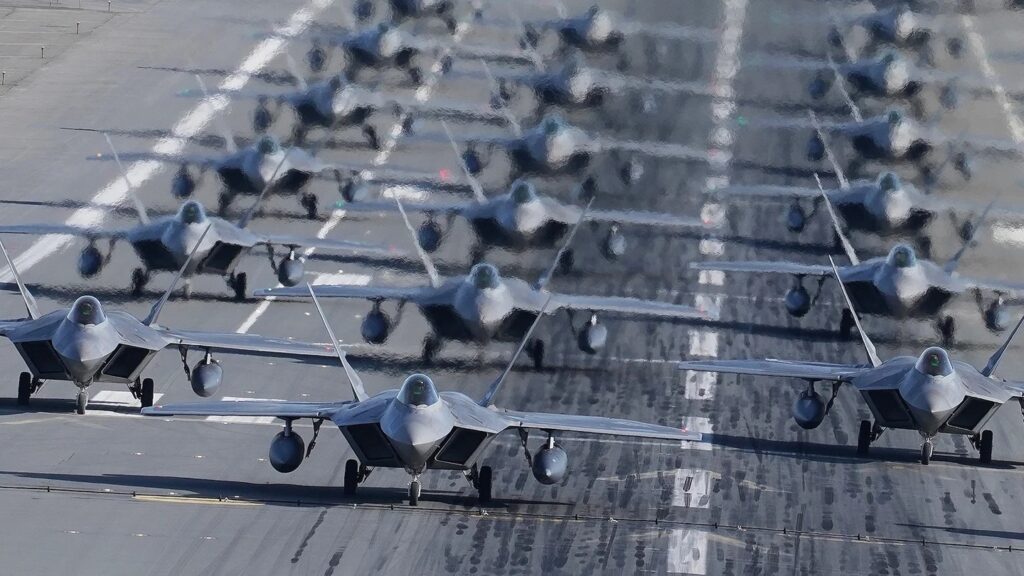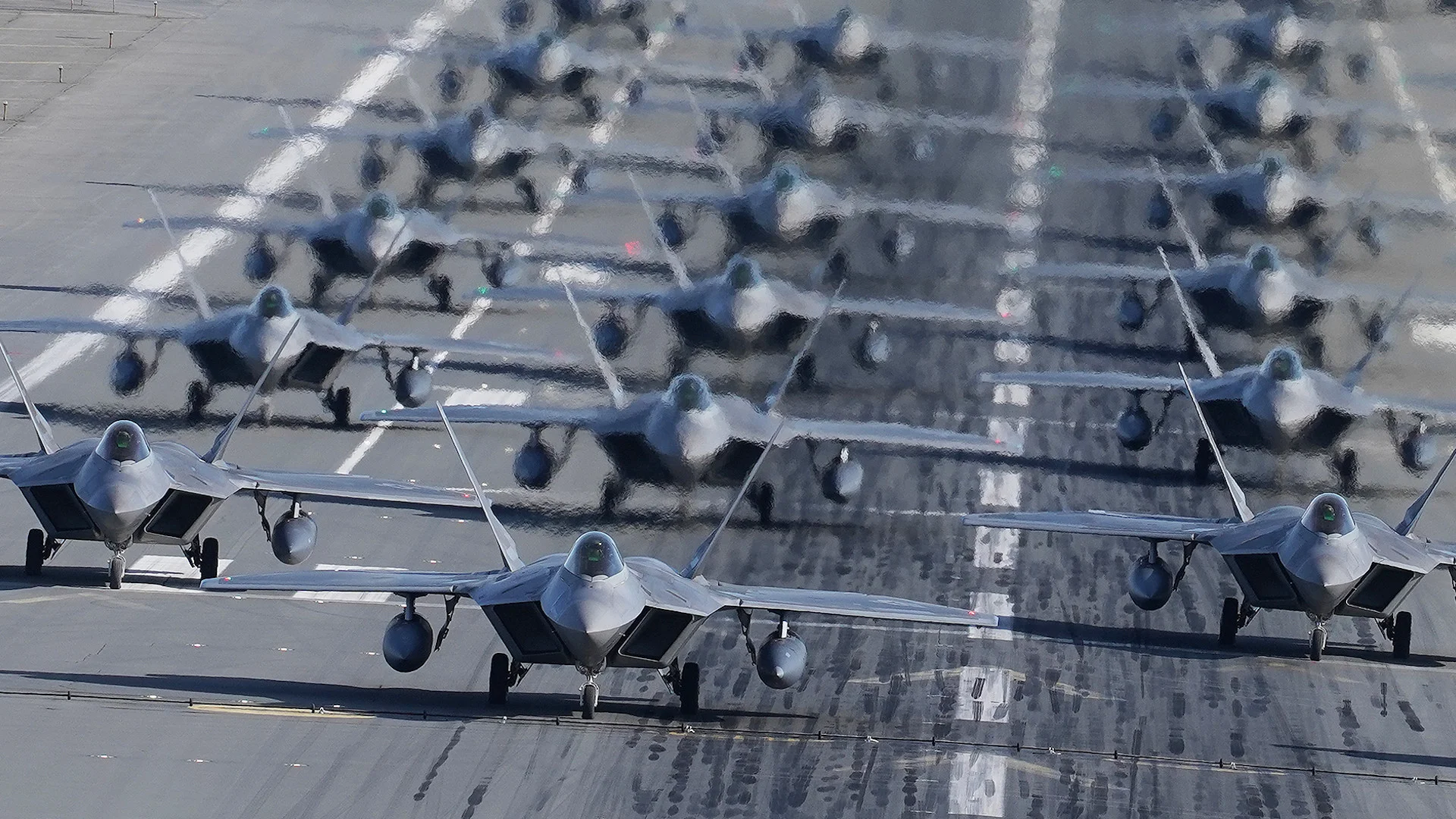
The United States is the top warmongering nation in the world. Here’s a brief overview of their war economy and imperialism:
The CIA
Be it their covert paramilitary efforts by the Central Intelligence Agency (CIA), their excessive annual military expenditure, or more recently, the botched extraction from their 20 year war in Afghanistan, the United States has proven to be the number one warmongering nation, globally.
The United States by far eclipses its rival superpowers — China and Russia — in military expenditure. According to verified data provided by Statista, China spends around $252 billion annually; however, they fall around $550 billion short of the United States’ staggering $778 billion budget. The budget directly funds the US military’s five branches: the Army, Navy, Marine Corps, Air Force, and the Space Force.
For the longest time, the United States’ intelligence budget, specifically as it pertained to the CIA, had been classified. In recent years however, information has been leaked and it is estimated that the CIA’s budget lies at around $15 billion annually.
Among counter-terrorism, the CIA itself has been involved in numerous dubious activities, including domestic wiretapping, human-rights violations, and propaganda. Additionally they have shifted their directive towards covert paramilitary action and have been linked to several acts of assassination and terrorism in foreign countries, such as Cuba or Brazil.

Arms Trade
American imperialism and arms trade, aspects deeply embedded in the country’s history, are still present in the modern world. The Stockholm International Peace Research Institute (SIPRI) concluded that the top five largest defence contractors, with the exception of British BAE Systems and excluding any Chinese companies, are all of American origin.
Defense contractors are private corporations who provide services to intelligence agencies or militaries of various governments globally. Some contractors notoriously have, in the past and the present, supplied both sides of the conflict, in a practice known as war profiteering — a matter largely deemed immoral.
The top arms manufacturer, Lockheed Martin, topped the list with a staggering $65.4 billion, 88% of their total defence revenue. One of their most recognizable products, the Lockheed SR-71 “Blackbird”, a high-altitude reconnaissance aircraft, still to this day holds the record for being the fastest air-breathing manned aircraft ever developed. Only 32 were built, costing around $33 million per aircraft.
The commissioning of these aircrafts was labeled a “black project” — highly classified, covert undertakings by defence contractors and governments, that are not immediately publicly acknowledged.
According to now verified leaks by the (in)famous NSA whistleblower, Edward Snowden, Blackbirds were paid for by the United States government, on a so-called “black budget”, covert government budgets estimated to be around $50 billion dollars today.
The War in Afghanistan
Perhaps the most recent and most jarring instance of United States imperialism backfiring is the terribly clumsy extraction of US troops from Afghanistan, leaving the conflict unresolved, and the Taliban armed with high-end military-grade equipment.
Many are quick to point the finger at the Biden Administration, though really every US President since George W. Bush is to blame for this cataclysmic, costly war.
The War in Afghanistan is the longest war the United States have fought, and despite the estimated $2.3 trillion spent on interest payments and veterans’ care, it ended in a major loss, letting the Taliban seize the country and US arms.
The outcome of the war can be attributed to the inconsistencies regarding military objectives and structure spanning the 20 years and subsequently, four presidencies since the war’s beginning.
As it stands, with its alarmingly high annual military expenditure and troubling track record, the United States are perhaps the most authoritative, and thereby most dangerous powers in the world at the moment.
With their capabilities, they have a tremendous amount of responsibility to uphold and maintain peace globally — an idealistic, yet achievable goal. Though with no decline in military expenditures in sight, and China increasing its nuclear weapons production, the future remains ambiguous.
